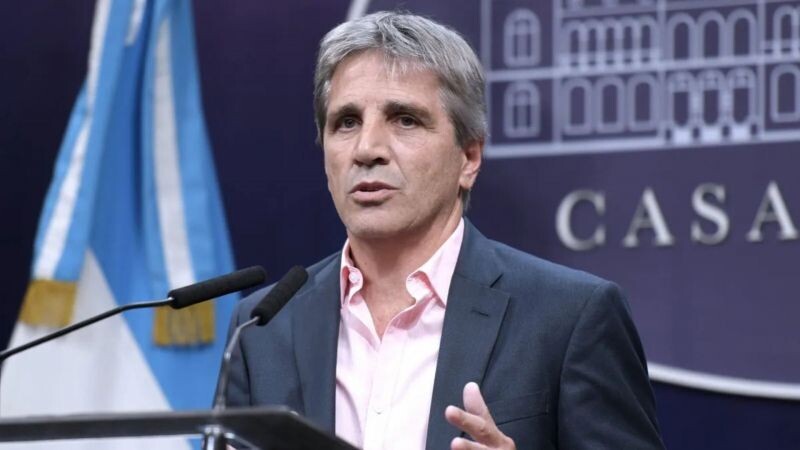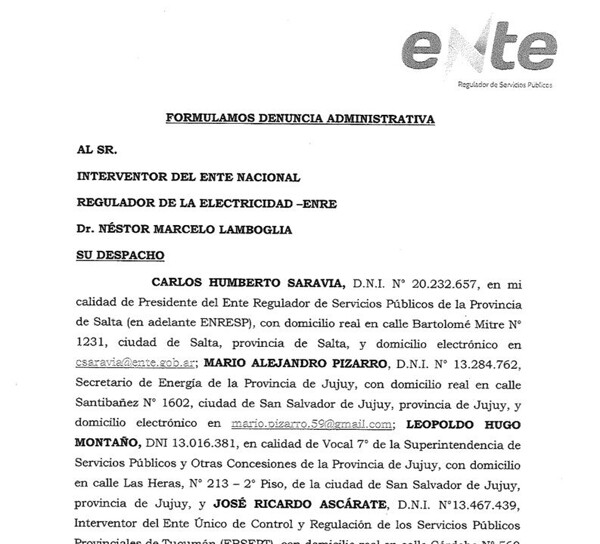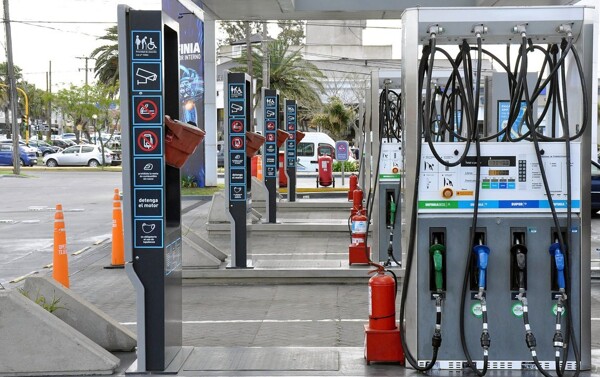
Some financial entities have announced the relocation of branches based on the rates charged in each municipality. The Minister of Economy unveiled a plan for the unbundling of VAT, which aims for provinces to assume greater responsibility in collection, allowing the VAT rate to be lower than the current 21%. This change also seeks to eliminate distortionary taxes.
José Luis Ceteri mentions that this new approach involves an initial reduction in the general VAT rate, later transferring to the governors the decision about the final amount of the tax in their districts. This change implies a tax competition among different territories.
The proposed plan aims to eliminate distortionary taxes and finance public spending with secured revenue. The proposal suggests using VAT as the main tool, similar to the idea of a super-VAT presented by the Mediterranean Foundation. The capacity of taxpayers and local productive sectors will be key in the application of these taxes.
In this context, Caputo is promoting a debate on a tax reform that fosters competition among municipalities. Additionally, there is a desire to reduce the burden that the current 21% VAT imposes on final prices, which often encourages tax evasion.
The main challenge of the tax system lies in the concentrated responsibility of the Nation in the collection of key shareable taxes. By giving provinces the power to set an additional rate above the 9% charged by the Nation, tensions arise among governors regarding the loss of revenue.
Luis Caputo's initiative has sparked different opinions. While some believe it stimulates a necessary debate, others are concerned about the potential loss of revenue due to tax competition among provinces. Federal revenue sharing plays a crucial role in this scenario, facilitating the management of resources by governors.














